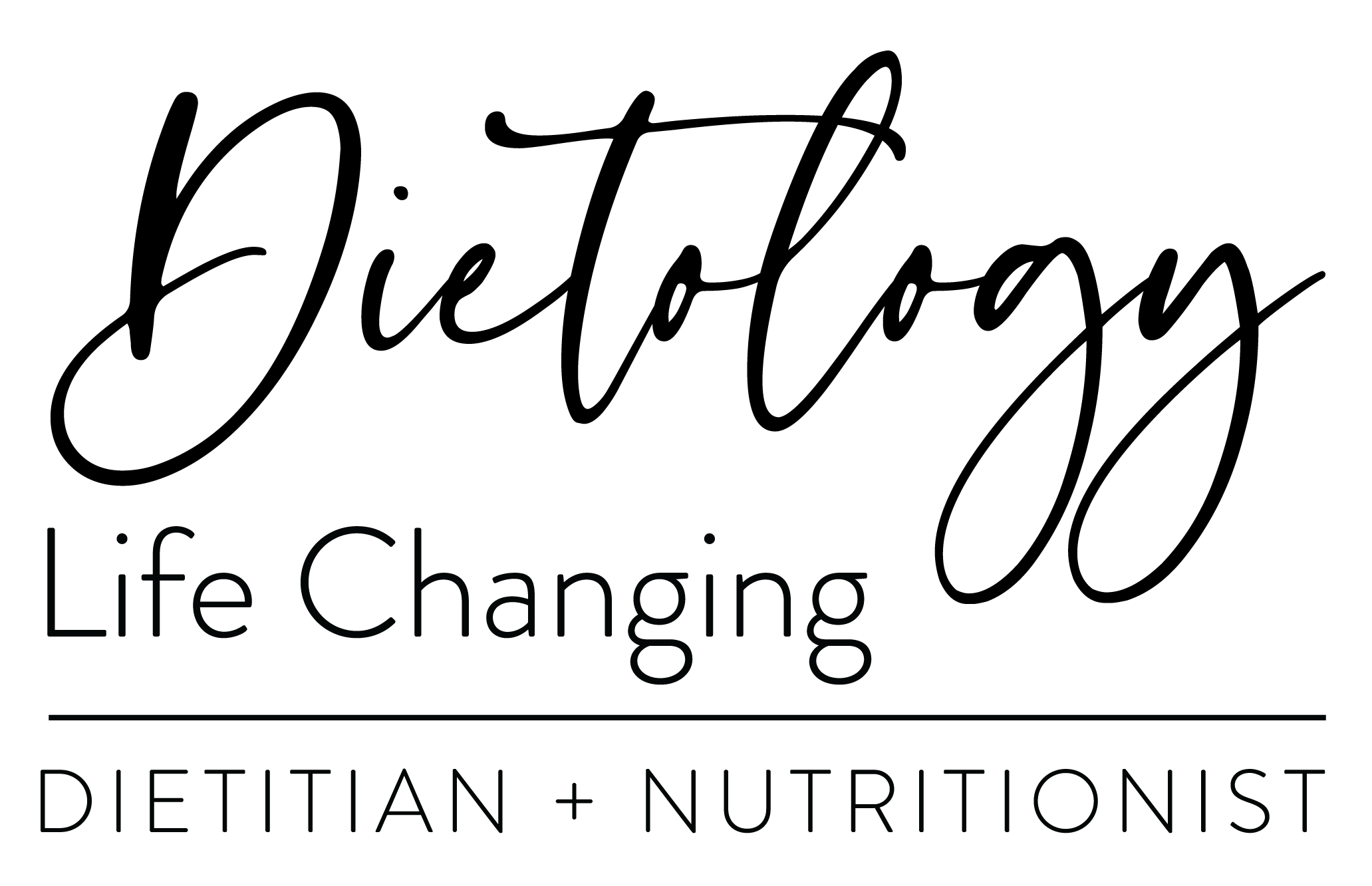Thriving as a Dietitian with Hashimoto's: My Journey and How I Manage Brain Fog
My Journey and How I Manage Brain Fog
Living with Hashimoto's thyroiditis has been a deeply personal journey, one that has profoundly shaped my professional path as a dietitian specializing in thyroid health, fertility, and pregnancy.
Hashimoto's isn’t just a diagnosis—it’s a daily reality that affects how I care for myself and how I guide my clients. Among the challenges of this condition, managing brain fog stands out as one of the most frustrating and impactful symptoms. But through years of experience, both as a patient and a practitioner, I’ve developed strategies that allow me to thrive while supporting others on their own health journeys.
I want to share how I manage the challenges of Hashimoto’s, particularly brain fog, and how this journey fuels my passion for helping others.
My Personal Journey with Hashimoto's
Hashimoto’s is an autoimmune condition where the immune system attacks the thyroid gland, leading to symptoms including fatigue, weight changes, dry skin and brain fog to name a few.
For me fatigue and dry skin were the symptoms I experienced prior to my diagnosis. Hashimoto’s provided the explanation I needed, but it also presented a challenge: how to live and work effectively while managing these symptoms.
More recently brain fog, has been the most challenging aspect to navigate. It can feel like walking through a haze, where concentration and clarity are just out of reach.
As a dietitian, I already understood the critical role nutrition plays in health. But living with Hashimoto’s pushed me to dig even deeper into research and strategies for managing autoimmune conditions. I became my own first case study, experimenting with different approaches to improve my energy, focus, and overall well-being.
Managing Brain Fog: My Personal Strategies
Brain fog can make even simple tasks feel insurmountable. Over time, I’ve developed a toolkit of habits and strategies to manage it:
Prioritising Nutrition
I focus on an anti-inflammatory, nutrient-dense diet to support thyroid health. Incorporating plenty of colourful fruits, vegetables, foods rich in selenium, zinc, iodine, and omega-3 fatty acids are staples in my meals.
2. Micronutrient Support
Ensuring I’m getting enough magnesium, selenium, zinc and vitamin D – key nutrients for thyroid function.
3. Stabilising Blood Sugar
Eating balanced meals with a good mix of protein, healthy fats, and fibre to avoid energy dips.
4. Gluten-free – Not A One Size Fits All
Not everyone with Hashimoto's needs to avoid gluten. I’ve personally found it does not reduce my inflammation nor improve clarity.
5. Supporting Gut Health
A healthy gut is crucial for managing autoimmune conditions. I incorporate probiotics and prebiotics, fermented foods, and fibre-rich vegetables into my diet to support my microbiome.
6. Addressing Food Sensitivities
This has also been essential for reducing systemic inflammation, particularly as I also have irritable bowel syndrome (IBS).
6.Staying Active
Regular, gentle exercise like yoga, walking, resistance exercise like Pilates and weights (helps me stay energized and focused). Listening to my body and adjusting my activity level as needed has been key. It is important to not drain energy levels if they are limited.
7. Optimising Sleep
Quality sleep is non-negotiable. Although it is not always achievable due to a busy schedule, I aim to follow a consistent bedtime routine, limit screen time in the evenings, and create a calming environment for restful sleep. Things like black our curtains or blinds, cool room temperature, and calming rituals like reading, essential oil spray on bed linen, gentle stretching and creating a calm environment can improve sleep quality.
8. Mindful Stress Management
Chronic stress can worsen brain fog and Hashimoto’s symptoms. I practice mindfulness, meditation, and deep breathing to stay grounded.
Setting boundaries: in both my personal and professional life has been crucial for preserving my energy. It may not always be easy to do so initially but with practice, I have learnt to say no, to protect my energy and time, which ensures I can show up fully for my clients and myself.
Mindfulness and meditation: even 5-10 minutes daily helps clear mental clutter.
Movement:– Gentle exercises like yoga or walking keep my energy steady without overtaxing my system.
9. Listening to My Body
Living with an autoimmune condition means tuning into my body’s signals. If I feel particularly foggy or fatigued, I adjust my workload and remind myself that rest is productive.
10. Supplementation and Medical Support
I work closely with my healthcare team (my doctor and myself – a dietitian) to optimize my thyroid medication. Supplements like vitamin D, magnesium, and omega-3s help fill any nutritional gaps. However, this needs to be tailored to the individual. No two Hashi warriors are the same.
Bridging the Gap Between Clinical Knowledge and Lived Experience
Living with Hashimoto’s can be challenging, but it’s also an opportunity to learn, grow, and advocate for your health.
If you’re navigating brain fog, fatigue, or any other symptom, know that you’re not alone. With the right tools and support, it’s possible to feel better and thrive.
As a dietitian, my goal is to bridge the gap between clinical knowledge and lived experience. I’m here to help you create a sustainable plan that supports your thyroid, fertility, and overall well-being. Together, we can navigate the journey to better health.

